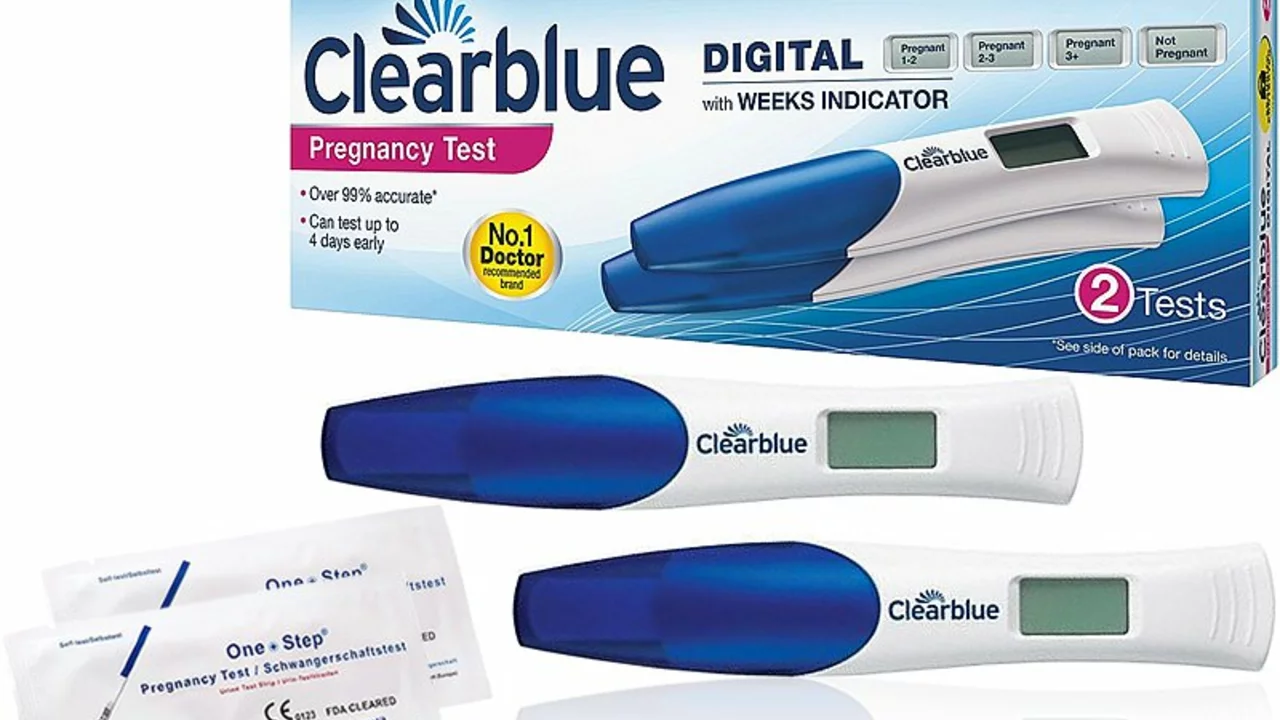Pregnancy Test Cards: choose, use, and read them right
Pregnancy test cards are cheap, fast, and easy to use — but only if you know what to look for. This guide cuts through the marketing and shows you how to pick a reliable test, when to take it, and how to avoid common mistakes that give false results.
Types and accuracy
There are two main kinds of pregnancy test cards: midstream (plastic stick) and strip tests (paper or thin plastic). Both detect the hormone hCG in urine. The difference is mostly convenience: strips are cheaper and handy for early testing, while midstream tests are neater for home use.
Pay attention to sensitivity, listed as mIU/mL. A test rated 10–25 mIU/mL is more sensitive and can detect pregnancy earlier. Tests rated 25–50 mIU/mL may need you to wait until your missed period. No test is perfect — most manufacturers claim 99% accuracy when used on the day of your missed period, but real-world accuracy depends on timing and how you use the test.
How to use and read a test card
First, read the instructions — they vary. For urine tests, morning urine has the highest hCG concentration and improves early detection. Dip the strip or hold the midstream device as instructed, lay it flat, and wait the exact time the instructions specify. Don’t check too early or too late; reading outside the window can cause a false positive or an evaporation line.
Results are usually shown as lines, plus/minus, or a digital word like "pregnant" or "not pregnant." For line tests, a faint second line usually means positive. If you see only one control line, the test is negative or invalid. If no control line appears, discard the test and try again with a new one.
Think you got a negative but still suspect pregnancy? Wait 48–72 hours and test again or use a more sensitive test. If you get a positive result, book a clinic visit to confirm and start prenatal care. A blood test at the clinic measures hCG more accurately and can date the pregnancy.
Buying tips: buy sealed, date-stamped tests from reputable sellers. Avoid damaged packaging and expired tests — expired reagents can give wrong results. If you order online, check seller reviews and return policies. If price looks too low or the seller is unknown, choose a trusted pharmacy or store.
Quick safety and storage tips: store tests at room temperature, away from moisture. Don’t reuse tests. Dispose of used cards in regular trash unless local rules differ. If you have irregular cycles, recent fertility treatments, or medication containing hCG, tell your provider — those can skew results.
Want a final quick tip? If timing or accuracy matters, repeat the test after a few days and follow up with a clinic for confirmation. That will give you the clearest answer without guessing.

